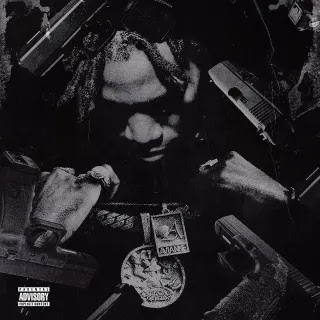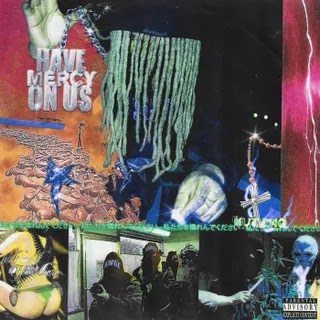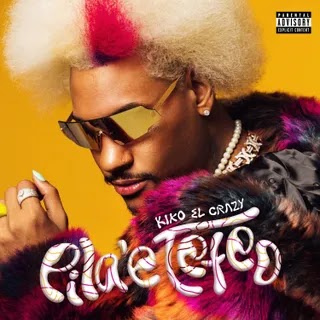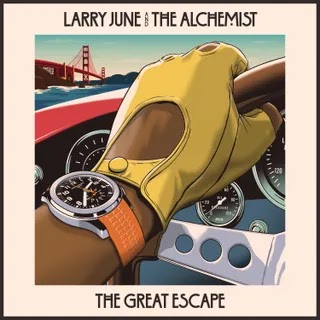In 2017, Aminé had a moment: his debut album, Good For You, introduced him as a happy-go-lucky rascal, and the lead single, “Caroline,” went multi-platinum. The project he released the year after, ONEPOINTFIVE, squandered some of that good will, catering to trendy trap and straying from the outsider charms that initially made his music so interesting. On his new album, Limbo, he’s more pragmatic, suddenly concerned with crafting a sustainable legacy, and this new attitude produces the best music of his career.
Aminé’s shift was inspired at least in part, by the death of NBA icon Kobe Bryant. (“That was like seeing Superman die,” he said.) On “Kobe,” Aminé’s friend, comedian Jak Knight, speaks of Bryant as a benchmark, his death a symbolic end of innocence. To Aminé, the tragedy represented an unofficial start to his real manhood. The shock seems to have loosened something in him. The verses on Limbo are much more relaxed, the hooks are catchier, and his outsized personality radiates. He mixes subtle bouts of introspection with kooky references to Jim Carrey’s The Mask, Allen Iverson’s infamous “practice” speech, and the guy in the AllState commercials.
It would be an overstatement to call the album mature, but it does seem to exist in a transitional state between carefree youth (as embodied by Good For You songs like “Sundays” and “Yellow”) and real adulthood. On the opener, he raps, “Beat so cold it made Aminé want to open up,” and the album is reflective of that accessibility; he sounds uninhibited. Limbo isn’t exactly The Big Day, but he places more importance on being responsible and dependable, pondering what it means to be a better son and a potential father. “To my future daughter or son/The streams from this album gon’ pay for your college funds,” he raps on “Fetus.” He’s also eager to reposition himself. On “Shimmy,” which puts a reanimating spin on an ODB classic, he’s on the comeback trail, getting his groove back “like Fela, not Stella” and shaming fake flexers.
OnePointFive was mired by lackluster rapping, but the studio time wasn’t wasted by Aminé’s producer Pasque, who took the opportunity to experiment with off-center trap beats. Armed with those lessons, his work on Limbo feels like a progression, and additional production from Injury Reserve architect Parker Corey makes this Aminé’s best-produced album. He has always been a child of Drake, as a tune-happy flirt from an unlikely rap market, but on Limbo he leans into the comparison. He acquires moody beats from Drake producers Boi-1da, T-Minus, and Vinylz, and “Can’t Decide” and “Riri” are exactly the kind of rap-sung hybrids that the Toronto rapper built his empire on. It seems apparent that Aminé is thinking with that career trajectory in mind.
Aminé is more conscious of the big picture on Limbo, but there are still a few glimpses of the nonchalant scamp he used to be, and some of the most enjoyable songs on Limbo are least invested in assessing his standing. On “Compensating,” he pals around with Young Thug during “Compensating” and comes up with his snappiest melodies. He embellishes his punches on “Pressure in My Palms” with slowthai and Vince Staples sharing a verse and matching his energy. In the first verse alone, he references an Arthur meme, Steve Harvey’s Miss Universe gaffe, Fergie peeing her pants on stage, Winona Ryder shoplifting, and the Malice at the Palace, relishing the absurdity of each one. These songs aren’t just high-spirited, slightly goofy, and unassumingly clever; they have a lightness that is invigorating. They feel like proof that the fun-loving kid who went viral in 2016 hasn’t yet been entirely overwhelmed by the burdens of reputation.
















0 comments:
Post a Comment